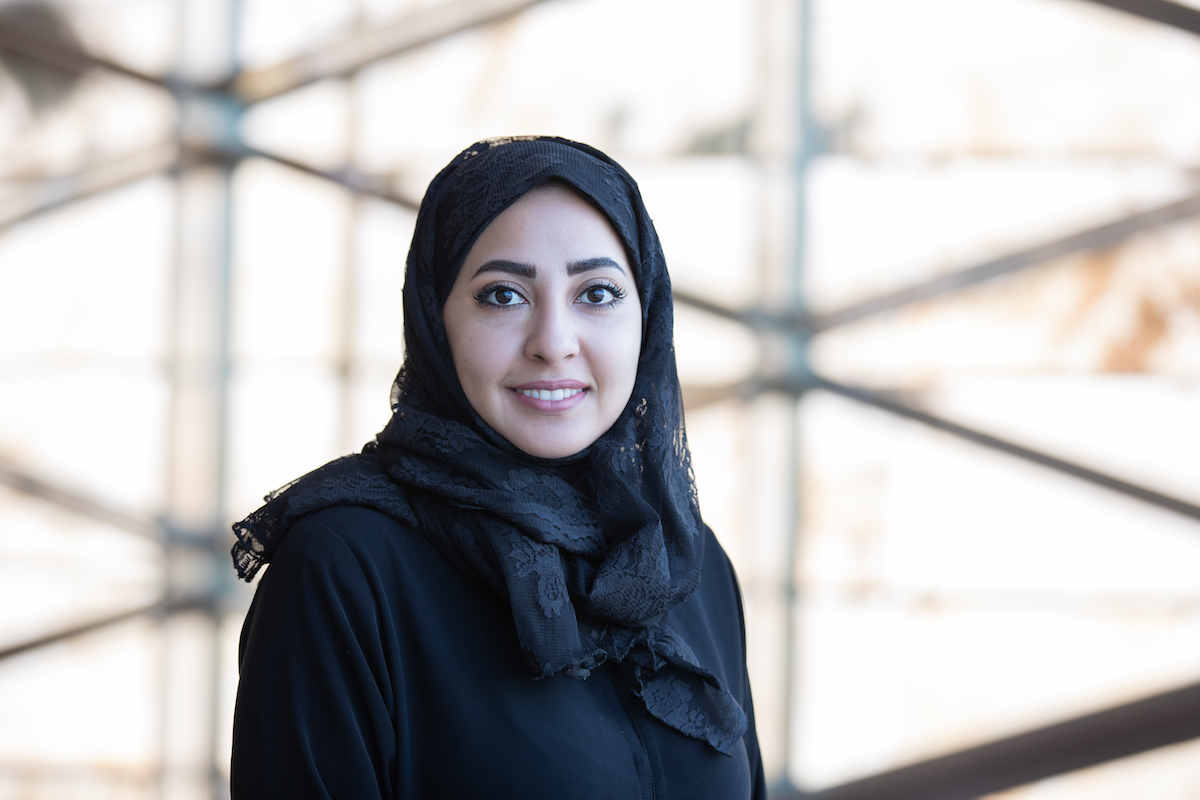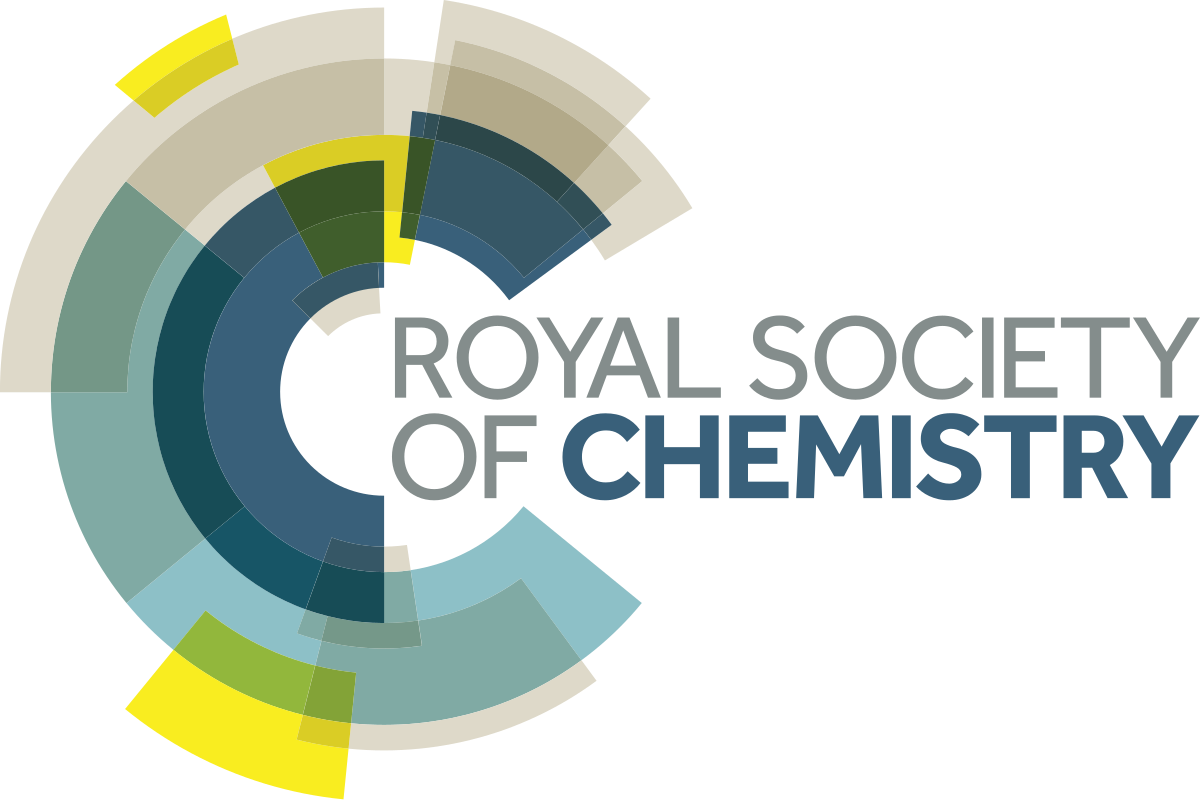Ph.D. student wins Royal Society of Chemistry poster prize

KAUST Ph.D. student Amira Alazmi won the Nanoscale poster prize at the Royal Society of Chemistry Symposium 2018: Nanotechnology for Energy and Environment in London, U.K., in September 2018. Photo by Sarah Munshi.
-By David Murphy, KAUST News
KAUST Ph.D. student Amira Alazmi recently won the Nanoscale poster prize at the Royal Society of Chemistry (RSC) Symposium 2018: Nanotechnology for Energy and Environment, which was held in London, U.K., from September 6 to 7, 2018. The symposium, which was organized by the RSC Chemical Nanoscience and Nanotechnology (RSC-CNN) Group, focused on recent developments in fundamental studies, novel material development and reactor engineering.
Alazmi, who is supervised by KAUST Professor Pedro Da Costa in the Laboratory for Carbon Nanostructures based in the University's Physical Science and Engineering division, won the poster prize for her presentation entitled "Development of cobalt ferrite/reduced graphene oxide composites as a T2 contrast agent for magnetic resonance imaging."
"The subject matter of my winning poster described the recent systematic study we conducted to understand how the magnetic resonance imaging (MRI) contrast changes in reduced graphene oxide (rGO)-CoFe2O4 composites as a function of the supporting matrix oxidation degree and metal oxide loading. The remarkable contrast enhancement strengthened our view that it is critical to select the synthesis steps of (reduced) GO materials according to the envisaged application," she noted.
Research interests at KAUST
Alazmi completed her master's degree in chemistry (Chemical Science Program) at KAUST in 2014 and her bachelor's degree in chemistry from King Faisal University in 2009. She is also currently working as a lecturer at the University of Hafr Albatin. Her current research interests at KAUST focus on understanding fundamental aspects of synthesis of graphite oxide (GO) and reduced graphene oxide (rGO) and how these affect the outcome of their function as active material in various types of proposed applications. Among other topics, Alazmi has investigated the inclusion of rGO in systems or materials designed for use in supercapacitors, CO2 capture and electrocatalysis.
"In general, my research demonstrates the importance of changing the culture of selecting the classical method for graphene oxide synthesis and moving towards a more rational approach where the different synthesis steps are judiciously chosen. We believe such a mindset shift will have a great impact on the carbon science community," she said.

KAUST Ph.D. student Amira Alazmi noted she was 'very pleased' to win her poster prize at the recent Royal Society of Chemistry Symposium 2018: Nanotechnology for Energy and Environment. Image courtesy of the Royal Society of Chemistry.
'Very pleased' to win
"I am very pleased to present my work and win the poster prize at the RSC-CNN Symposium 2018. I took advantage of my stay in London to visit the Mile End Campus of Queen Mary University of London [QMUL], where I undertook experiments for an existing collaboration project between our laboratory and QMUL," Alazmi noted.
"I would like to express my sincere gratitude to my advisor Professor Pedro Da Costa, who gave me the opportunity to work on this project, for his continued support and encouragement," she concluded.
Related stories:
- KAUST master's degree student wins best poster award at Data Science Summer School
-
Ph.D. student represents KAUST and Saudi Arabia at the 2018 Chicago Forum on Global Cities
-
KAUST Ph.D. students win best paper awards at mean-field games conferences
-
KAUST Ph.D. student wins best paper award at EMBC '18

